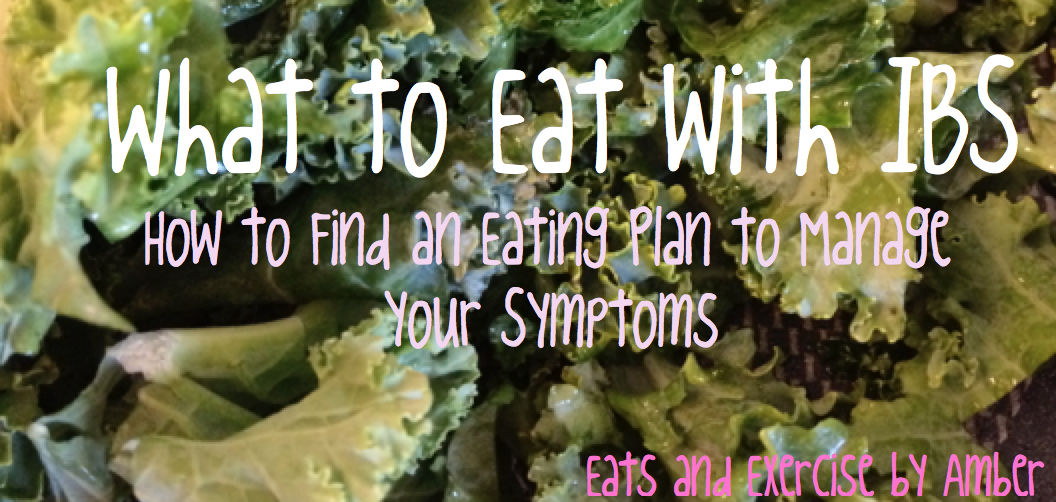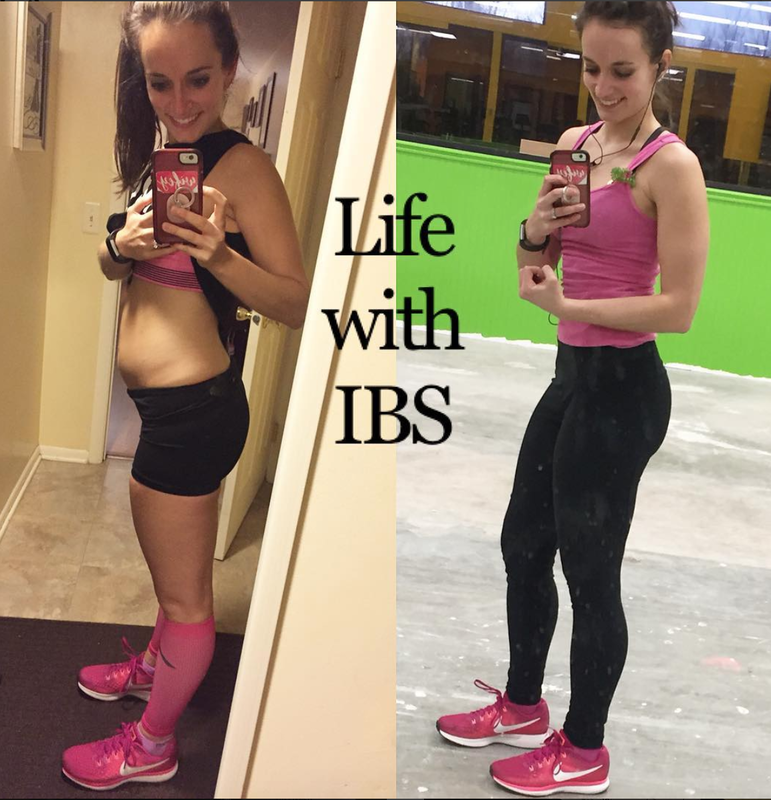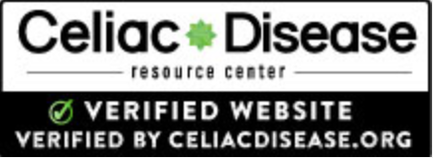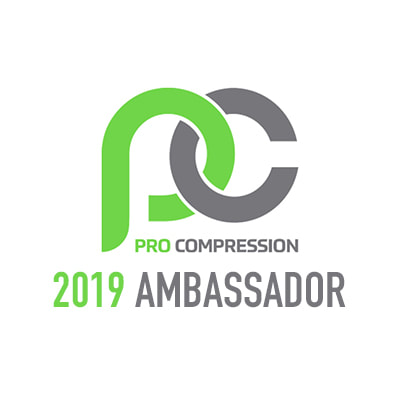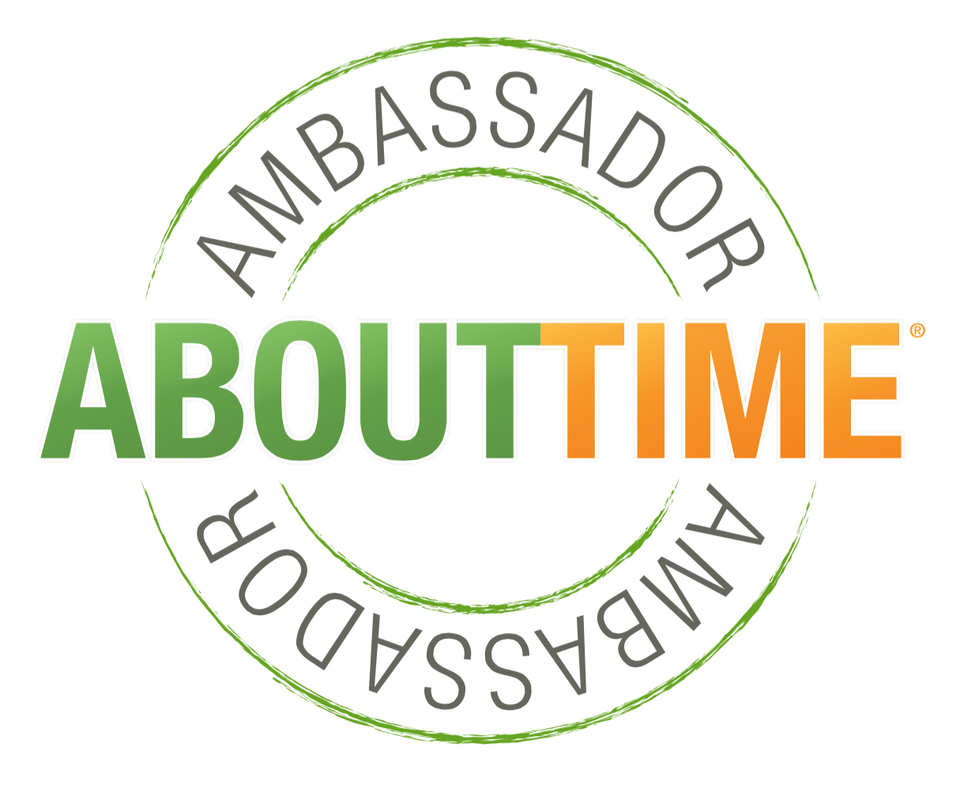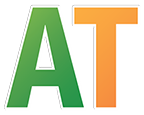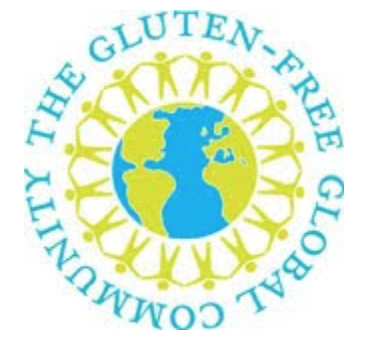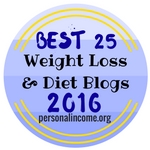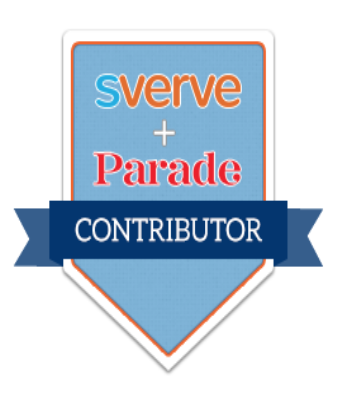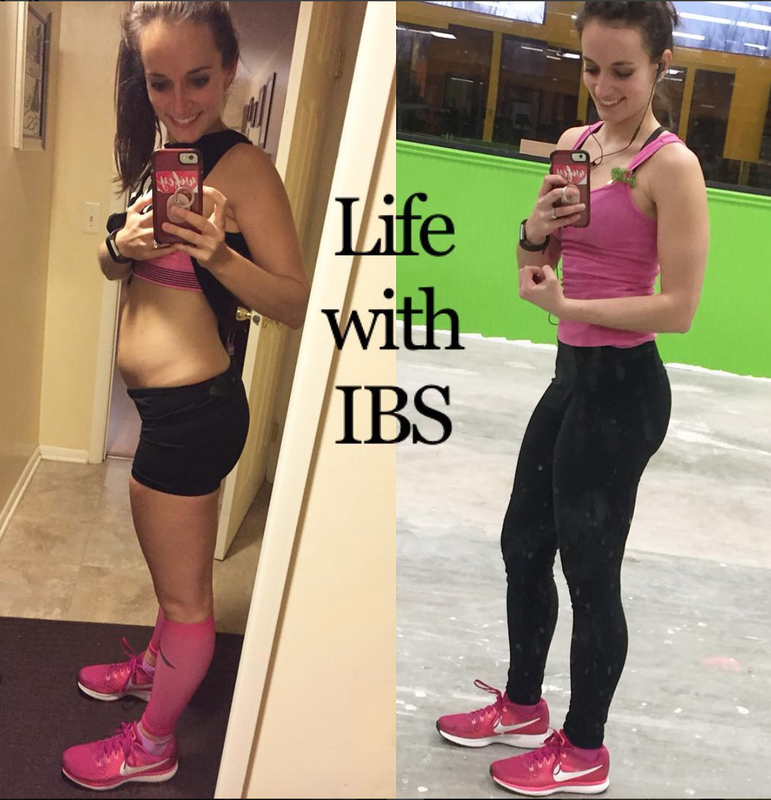There are medication options, as well as natural remedy options, but for some people, like myself, one or a combination of both of those treatments are not enough.
For me, and many others, altering what I eat, has made a huge difference in managing my IBS. For a while, I feared food because I felt that no matter what I ate, my intestines would become irate, and they did. My flareups lasted weeks, and I almost was always experiencing symptoms for a period of time. I couldn't pinpoint a cause to all my suffering, because there were too many variables (foods) causing it.
The question of "What to Eat with IBS" has taken me over a year to find an answer for and is one I'm still working on. Beginning the process of finding what foods work for you requires effort and hard work, BUT, it is worth it. I always say, "Our Health is Our Greatest Wealth"
To get started with your "What to Eat with IBS" Journey, use a Symptom Diary
This will help you document what you eat and how much you eat, as well as symptoms and bowel habits. It isn't only the food itself, but the amount of food that can cause symptoms in those with IBS.
Now, before we get started, I need to make one thing clear:
I HATE the word diet. It tends to have such a negative connotation associated with it, and is seen as something done for the "short term" so for the purpose of this post, I am going to call the options for "What to Eat with IBS" Eating Plans.
1. As ALWAYS - Talk to your doctor, before trying ANYTHING.
In this case, he or she may be able to assist you (if trying something like Low Fodmap) or they may suggest you see a nutritionist
2. Download a Symptom Diary
3. Seek support - this is NOT easy, having people who are going to be able to support you, whether it be family, friends, or an online community, will make the process easier
Tips for the Process:
- Do NOT go crazy measuring food amounts, rough estimates are fine. For example, no need to record 1/2 cup of quinoa, but make note of how much you filled that bowl and use that same bowl through out your trial and error process. Eat ten carrots and get cramps write it down. Then, next time, try only five carrots.
- Do NOT eliminate/test out multiple foods at a time. Finding what triggers your symptoms is a literal science, if you suspect something is causing you symptoms, you must eliminate it or test these foods out, one at a time, take notes of your symptoms, and then re introduce them one a a time.
- Do NOT expect people to understand. This was my issue and became the root of a lot of heartache for me while trying to figuring out what foods worked best for my body. I got called "difficult", a "picky eater" and even worse, accused of being anorexic and having an eating disorder when I tried to explain why I would not eat certain foods anymore, even IF they were gluten free and lactose free.
- Educate yourself and others AS MUCH as possible. In order to gain support from loved ones, I began sending them articles about food and its effect on those with IBS. In specific, the certain types of Eating Plans I chose to follow
- Even IF you find a food causes you to experience symptoms, it is still YOUR choice to eat it or not. Although I know eating french fries or something with milk in it can cause me to become sick, sometimes I think it is "worth" the suffering for the enjoyment. It's YOUR body, YOUR rules!
Based on YOUR IBS and symptoms, one or a combination of Eating Plans may be necessary. When combining Eating Plans, certain foods may be "OK" on one plan, but not on another, so listen to your body and decide whether the food is is safe for you or not. I put an asterisk* next to the Eating Plans that I currently follow.
I avoided listing foods, or providing too many specifics because I want YOU to do your own research and consult your doctor when attempting this process, this is all based on MY experience and research.
- Anti-Gas*
Some Low Gas Foods are High FODMAP - beware!
- Avoiding IBS Irritants*
- Alcohol (I don't drink for this reason, I am a very atypical 20something year old)
- Caffeine (I can personally have caffeine once a day)
- Chocolate (I can eat dark chocolate, no problem)
- Coffee (I can have one cup a day, it actually stimulates my intestines in the morning)
- Fatty Foods (I cannot eat high fat content food)
- High Fiber
plan IF a doctor suggests it, I was on one for a period of time, and it made my symptoms worse.
- Lactose-Free*
distress for those with IBS because lactose is: gas producing and also a HIGH FODMAP!
IF you can ingest lactose no problem - keep at it! No need to eliminate something that doesn't
cause you issues!
Many, including myself, who cannot have lactose CAN have greek yogurt with no issues
- Low Fat*
whether it be healthy or unhealthy, (avocado, anything fried, guacamole, nuts, nut butters, etc.)
in ONE sitting causes me to bloat and become constipated. This does NOT mean I never eat cookies,
cupcakes,or things that are fried. I STILL eat fat, I just space it out through out the day, or take the
consequences of eating an entire basket of french fries, because sometimes eating for enjoyment
is worth it. UPDATE: 2018 - I have incorporated healthy fats into my daily intake since this post - I
still continue to space my fat intake out, but have increased the grams per day.
- Low Fiber*
day. Bars, breads, and other grain products that have high fiber content for a single serving are
NOT my friend (I'm looking at you Quest Bars!).
- Low FODMAP*
There are five groups: Fructose, Lactose, Fructans, Galactans, and Polylols.
FODMAPS are osmotic, meaning they draw water into the intestinal tract, and can easily ferment
with bacteria causing symptoms with those that have IBS.
A Low FODMAP plan is VERY individualized since not ALL the foods listed in each group need to be
avoided, and some can be allowed in certain amounts, it just depends on YOUR body.
For example, asparagus is a moderate FODMAP. I can have a few spears with no problem, if I eat
ten, I get extreme cramps for the evening. Therefore, I limit my intake, and it is not a food item
I eat every single day.
Simply put, WHAT I eat and HOW MUCH I eat of it will forever be a factor for me in managing my IBS, as well as the case for so many others. Sometimes, it's a mathematical equation that can be exhausting, especially when it's a food that has nutritional benefits, such as watermelon. Except, what's supposed to be "healthy for everyone" may not be healthy for you if it causes you symptoms!
Following an IBS Eating Plan is not easy, it requires advocacy for yourself, and often explaining to others why you are avoiding certain foods BUT it IS worth it. While the list of foods I cannot eat may be longer than the ones that I actually can eat, I am happy and I am healthy, and I am no longer afraid of food.
Closing Tips
- IBS Eating Plans CAN change. Once your IBS is manageable, try introducing a food item back into your plan in small amounts. You MAY be able to tolerate it again!
- Do NOT be afraid to try new foods and ingredients, just err on the side of caution with the amount you try and take notes if any symptoms occur
- MAKE A LIST/PLAN FOR YOURSELF. I created a Word Document with three categories: Safe, Limit, and Avoid and a list of foods for myself, organized by food groups. That way, when I want to try something new or when I'm suffering, I can check my list and see, did I eat too much of a limit food item, or did I have a new recipe that used an "avoid" ingredient I forgot about.
- It is YOUR body and YOUR rules. IF you experience negativity about your choices to try and live a healthier and happier lifestyle by managing your symptoms through an IBS Eating Plan, stand your ground and advocate for yourself. Only YOU know what is best for your body, no one else!
- Do you follow an Eating Plan for IBS or another condition?
- Do you think food can be used as medicine?
- Have you ever experience negativity due to a choice you made for your health?
Helpful Science Backed Resource: http://www.aboutibs.org/site/treatment/diet/ and http://www.healthline.com/health-slideshow/ibs-diet#6
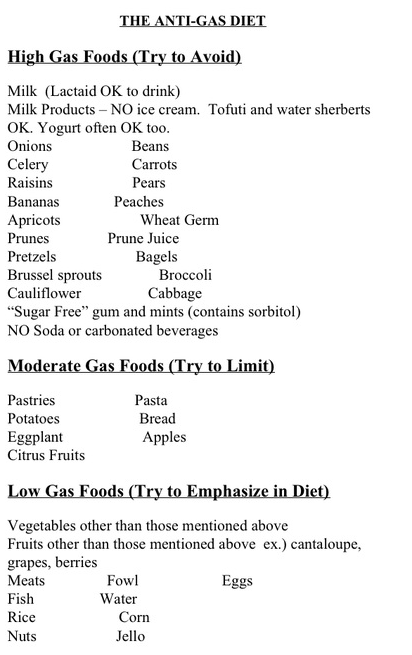
PLEASE NOTE:
- Just because a food is "high gas" and says to avoid, does not mean YOU HAVE TO avoid the specific food item. For example, I can eat carrots, in small quantities, NO PROBLEM. As I said, with EVERYTHING else, it is a process of trial and error.
- Some Low Gas foods, such as Grapes are actually Moderate FODMAPS, so be careful when looking at eating plan lists, because what is "safe" for one type of Eating Plan may not be on another.
- DO YOUR OWN RESEARCH :) It's YOUR body, just because a list says it is "allowed/limit/avoid" doesn't mean YOUR body will react that way! We are all individuals, these lists are here as a guide to help, not to strictly adhere to!

